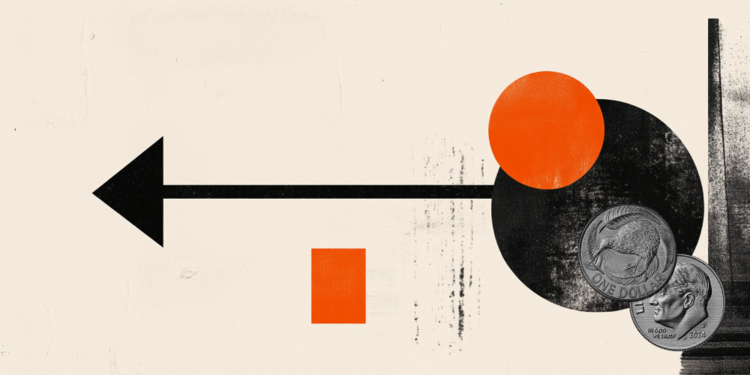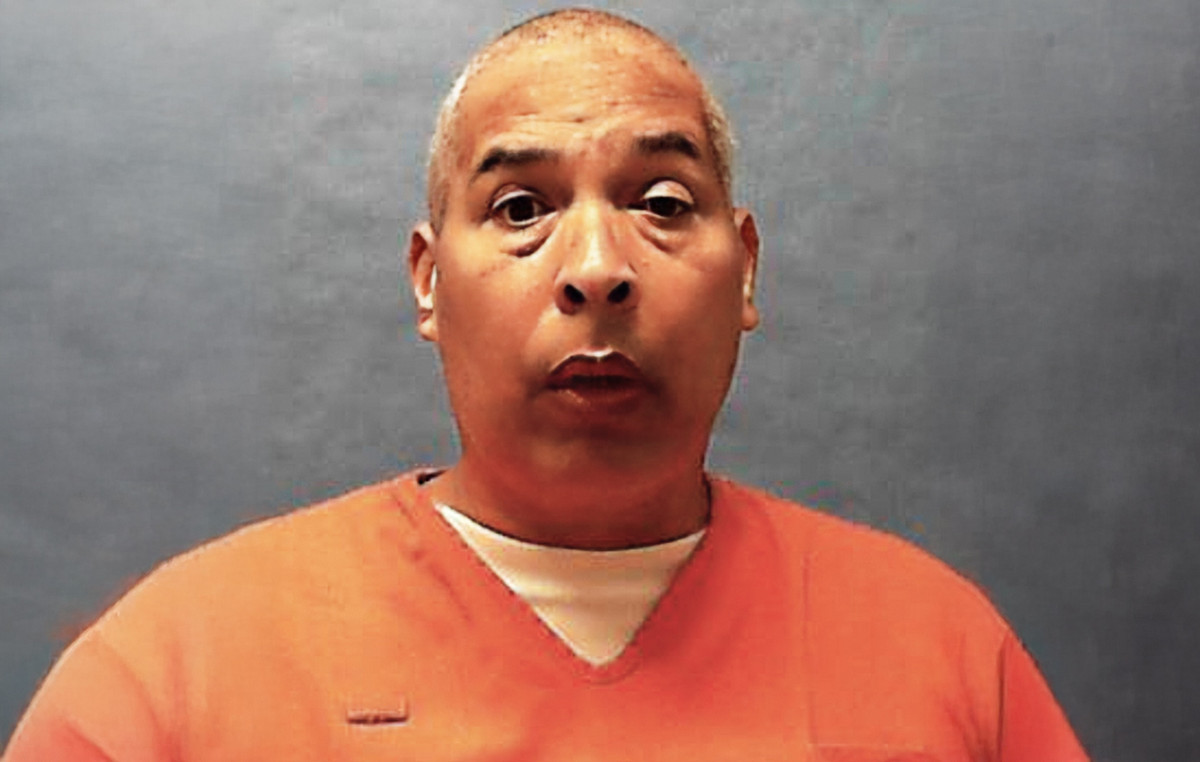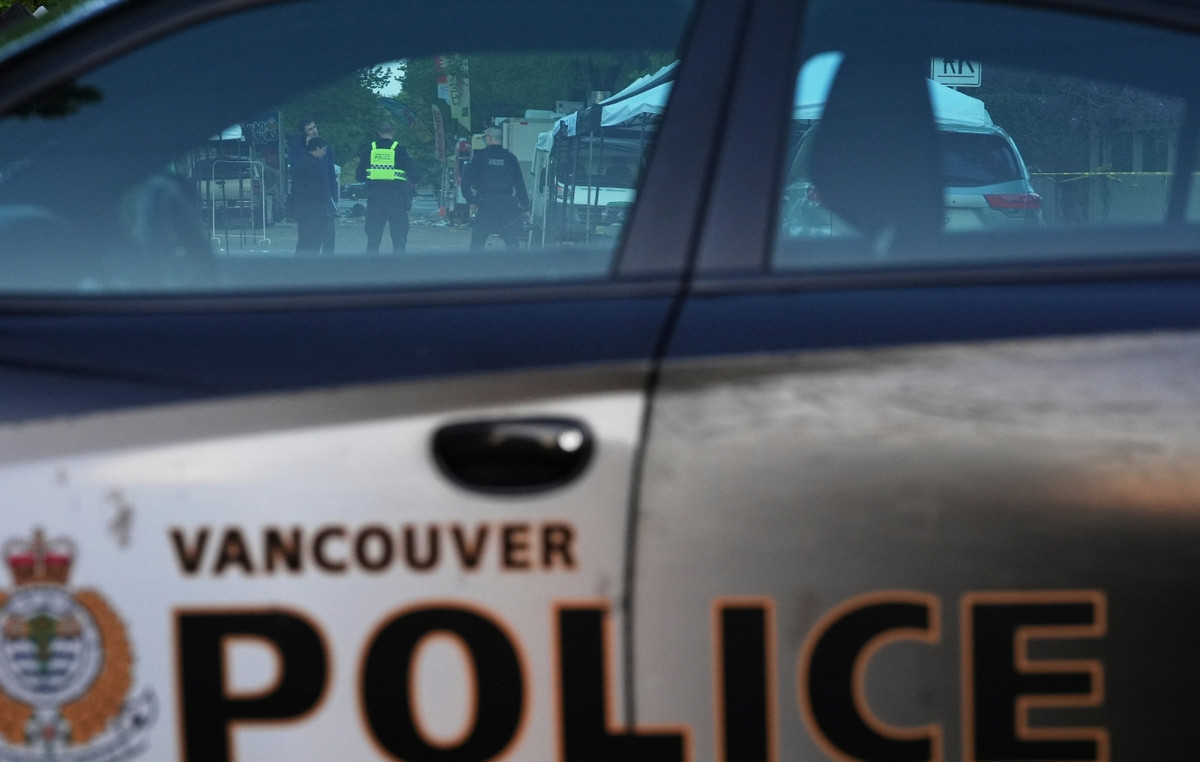The World Health Organization (WHO) this week recommended two new drugs for the treatment of patients with Covid-19: the monoclonal antibody sotrovimab and the drug baricitinib.
According to the guidelines, the monoclonal antibody sotrovimab should be used in patients with Covid-19 who do not have severe conditions. Use is only indicated for people at higher risk of hospitalization, as few benefits have been found for lower-risk patients, according to the WHO.
How monoclonal antibodies work
The monoclonal antibody simulates the immune system’s ability to fight the new coronavirus. The drug, which acts against the Spike protein of SARS-CoV-2, is designed to block the virus from binding to entry into human cells – an essential step in the infection process.
Sotrovimab is indicated for the treatment of mild to moderate COVID-19 in adults and adolescents aged 12 years and older. Guidance includes use and who are at risk of progression to the severe stage of the disease.
Unlike other treatments for Covid-19, sotrovimab is not indicated for use in hospitalized patients who require treatment with oxygen.
Approval from different health agencies
The National Health Surveillance Agency (Anvisa) approved the emergency use of sotrovimab in Brazil on September 9. The drug is restricted to hospitals and cannot be sold in pharmacies and drugstores. The recommended dose is a single dose of 500 mg given directly into a vein (intravenous infusion).
In addition to Anvisa, the US regulatory agency, the Food and Drug Administration (FDA), and the Canadian agency Health Canada authorized the emergency use of the drug.
The European Medicines Agency (EMA) has issued a scientific opinion supporting the use of sotrovimab as a treatment option for Covid-19.
Other monoclonal antibodies
The WHO also made a similar recommendation for the combination of two monoclonal antibodies, called casirivimab and imdevimab.
According to the WHO statement, the experts note that there was not enough data to recommend one treatment with monoclonal antibodies over another and pointed out that the effectiveness against new variants of the coronavirus, such as Ômicron, is still uncertain.
Reference: CNN Brasil







